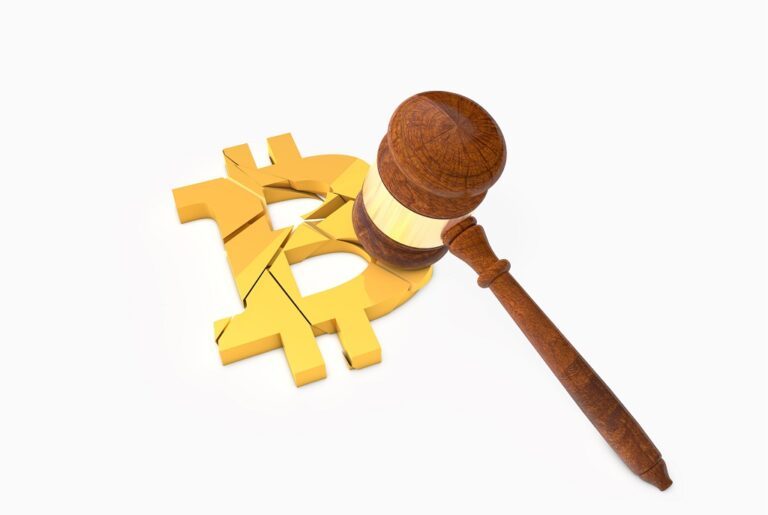An Arizona bitcoin trader has just been found guilty of money laundering charges by a Phoenix Federal Jury. Thomas Mario Costanzo, best know by his alias ‘Morpheus Titania,’ is a convicted criminal who has previously served time for bitcoin related crimes involving felony marijuana charges and now money laundering.
Yesterday, the jury was convinced that Costanzo’s “unlicensed money transmitting business” was used for carrying out his money laundering activities. The jury thereby found him guilty on five counts of money laundering, with sentencing to be handed down this June.
Investigation of Costanzo which began in 2014 involved a team of about six government agencies: DEA, IRS, USPS, U.S. Immigration and Customs Enforcement Homeland Security Investigations, Scottsdale Police Department and Maricopa County Sheriff’s Office.
In his illegal bitcoin trading, unknown to him, he encouraged undercover agents to utilize cryptocurrency in purchasing illegal drugs and other illegal items. He advocated the exploitation if bitcoin’s anonymous attributes to avert the government’s attention from transactions above the legal limit.
With this, Costanzo was able to help undercover agents posing as drug traffickers to convert about $165,000 in the space of two years. When he got apprehended, he was unable to identify his customers to show legitimate source. In addition, he charged an extremelly high 7%-10% premium for peer-to-peer transactions and concealed his profits in contravention of online exchange regulations.
Arizona’s HB2417 bill, which was passed last spring provides among other things that:
“Smart contracts may exist in commerce. A contract relating to a 36 transaction may not be denied legal effect, validity or enforcability solely because that contract contains a smart contract term.”
Thus, crypto transactions while being legal in the state, are expected to be conducted within the laid down legal boundaries. Well, that’s for those who wish to avoid the twenty-year prison sentences and $250,000 fines per conviction awaiting people like Costanzo who broke these money laundering laws.
Incidences like this are what give more ammunition to some sceptics to assume bitcoin is used only for criminal activities. Perhaps, this is the reason SEC intends to put in place regulations that integrate KYC and AML into crypto transactions.









